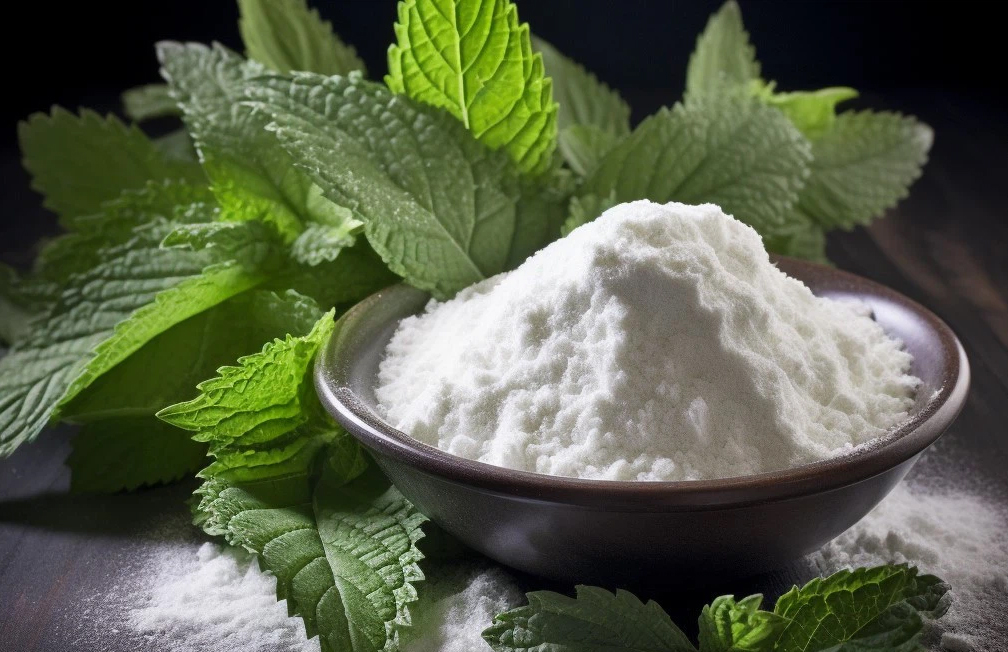WS-23 is a chemical compound commonly used as a cooling agent in various products, particularly in the e-cigarette industry and in the formulation of synthetic flavors for food, beverages, and other consumer products. It provides a cooling or “icy” sensation when inhaled or consumed. WS-23 is often compared to WS-3, another cooling agent, but it is noted to have a more intense cooling effect with a lower odor and less aftertaste.
Research and Development of WS-23:
The research and development of WS-23 focuses on its application and optimization for specific industries, like food and beverages, tobacco, and personal care products. Here are some areas that have been the focus of its development:
1.Sensory Impact:
- One of the key areas of research is understanding and enhancing the cooling effect of WS-23. The compound is believed to activate cold-sensitive receptors in the skin or mucous membranes, creating a sensation of cooling without the presence of ice or menthol.
- R&D also focuses on minimizing any lingering aftertaste or bitterness, which could detract from the product experience.

2. Stability:
- Ensuring that WS-23 remains stable in various formulations is another key area of focus. In both food products and e-liquids, the compound needs to maintain its cooling effect and sensory properties over time without degrading.
- Chemical stability, solubility, and compatibility with other ingredients (such as flavors or nicotine in e-liquids) are key aspects of research.
3. Safety and Regulatory Compliance:
- As WS-23 is used in food, beverage, and vaping products, research also focuses on its safety profile. Researchers conduct studies on potential toxicity, skin irritation, and inhalation safety to comply with regulations set by agencies like the FDA or European Food Safety Authority (EFSA).
- There’s also a focus on the long-term effects of WS-23 use, especially in products like e-cigarettes, where the inhalation of cooling agents may have unknown effects over extended periods.
4. Applications in Different Markets:
- The R&D of WS-23 is also exploring different applications in various industries. For example, in vaping, it’s used to enhance the sensation of flavors without altering the flavor profile significantly. In the food industry, WS-23 is being researched for its potential to enhance beverages and confectioneries.
- In cosmetics, WS-23 is used for its cooling and soothing effects, making it popular in skincare products and sunburn relief creams.
5. Synergy with Other Cooling Agents:
- Research is also looking at how WS-23 can be used in combination with other cooling agents, like menthol, to create a multi-dimensional cooling effect. By adjusting concentrations and combining it with other ingredients, companies can fine-tune the cooling sensation to better meet consumer preferences.

Commercial Applications:
In the commercial space, WS-23 is increasingly popular due to its ability to provide a distinct cooling effect that is not overpowering. It’s widely used in:
- E-liquids: To enhance flavor and provide a cool sensation.
- Food & Beverage: In energy drinks, mint-flavored products, or even in ice creams to create a “frosty” feeling without actual ice.
- Cosmetics & Personal Care: Products like lotions, aftershaves, and deodorants use WS-23 for its cooling properties.
Do you need details on any specific aspect of WS-23’s R&D, such as its safety testing, market trends, or chemical synthesis?
